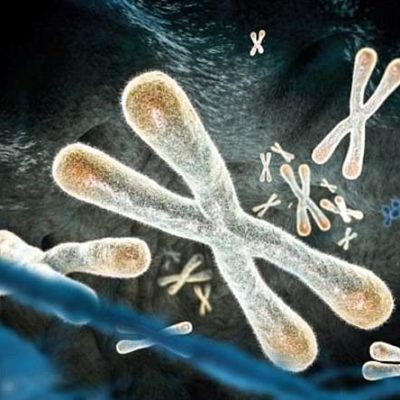A new algorithm has been developed by researchers at the University of Geneva that can predict the onset of psychosis in children with a genetic defect up to three years in advance. This breakthrough could lead to early intervention and treatment. Approximately one-third of children with a small piece of missing genetic information on chromosome 22 will develop a psychotic disorder in their lifetime. The algorithm uses specific symptoms and neurobiological mechanisms to calculate the likelihood of developing a psychotic disorder such as schizophrenia. The researchers used a network analysis-based algorithm to determine the risk of developing a psychotic illness in children with the genetic defect.
The algorithm was tested using data from 70 individuals, with 40 variables recorded every three years from childhood to adulthood. The variables included guilt feelings, hallucinations, and how individuals cope with everyday stress situations. The researchers were able to identify variables that could predict the onset of mental health problems three years in advance. “We found that an anxious 10-year-old child whose anxiety turns into an inability to cope with stress in adolescence is likely to develop a mental illness,” explains Corrado Sandini, one of the researchers. The study also found that the development of anxiety and sadness, which turns into guilt feelings, are important warning signs for the later onset of a psychotic disorder.
The researchers plan to refine their prediction tool by examining whether other variables, such as weight, also affect the development of psychotic disorders. The hope is that this method will help combat symptoms before they trigger a psychosis. This breakthrough could lead to early intervention and treatment, improving the quality of life for children with the genetic defect.










